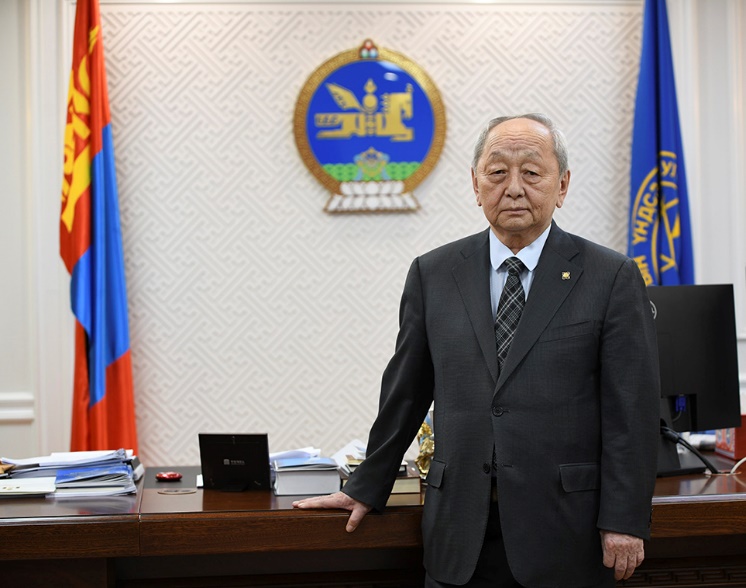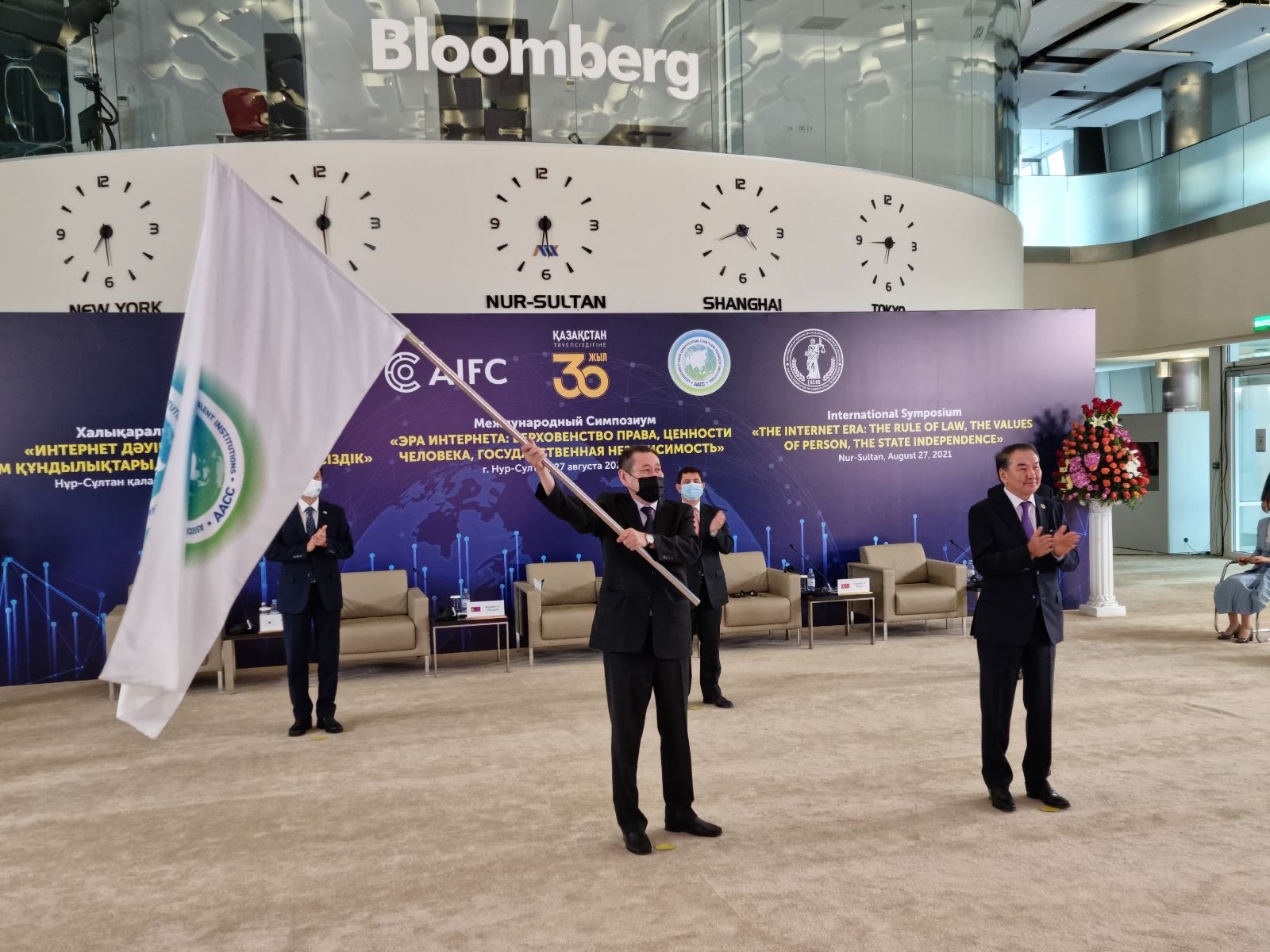The Constitutional Court of Mongolia (2021 – 2023)
The member country that assumed the right to preside over the Association, shall host and manage all the activities of the Congress for a period of two years, and the Head of the Constitutional Court of the presiding member country shall act as the President of the Association.
The President of the Association shall preside over the Board of Members as well as the Congress, and Mr. Chinbat Namjil, Chief Justice of the Constitutional Court of Mongolia has been elected as the 6th President of the Association.
Previously, the Association was presided by the Presidents and Chairmen of the Constitutional Courts of the Republic of Korea, the Republic of Turkey, the Republic of Indonesia, the Federal Court of Malaysia, and the Constitutional Council of the Republic of Kazakhstan.
The Constitutional Court of Mongolia to preside over the Association of Asian Constitutional Courts and Equivalent Institutions
By the decision of the Board of Members of the Association of Asian Constitutional Courts and Equivalent Institutions dated August 27, 2021, the Constitutional Court of Mongolia is to chair the Association in 2021-2023.
This is a high responsibility for the Constitutional Court of Mongolian to enhance and develop the cooperation between Constitutional courts not only in Asia but with other regional and international organizations as well.
In addition, it can be consideredas an excellent assessmentof the accurate and rational policyand activities carried out todevelop a democratic Constitutionof Mongolia, disseminate itsideas and implement it consistently.

Constitutional scholars define the 20th century as an age of Constitution, and the present century as an era of Constitutional courts. This definition is closely linked to the significant increase in the rights, duties, responsibilities, and reputation of the institutions reviewing the implementation of the Constitution, as well as to the growing value, importance and influence of its decisions. Thus, in addition to the fact that the Asian Association, which brings together the institutions exercising constitutional review of 20 countries with their own history, culture, traditions and unique constitutional development, seeks to disseminate the idea of Constitution, to determine future trends of constitutional development and to contribute to the further development of theory, methodology and knowledge of jurisprudence, the time requires us to carry out more effective activities towards the joint solutions to the challenges faced by institutions exercising constitutional review.
A significant part of the Association’s activities is to encourage and promote the exchange of information, implementation of international programs, and mutual exchange of experience in the field of constitutional law, conduct of scientific research and trainings, organization of theoretical and practical conferences, admission of new members, and creation and publication of oeuvres on constitutional law and make them available to the public. Moreover, it is crucial to pursue a common policy and direction to disseminate the values of constitutional democracy, to fully ensure the legal guarantees of independence and autonomy of the institutions exercising constitutional review by strengthening the multilateral and bilateral relations and cooperation with global, continental and regional constitutional review bodies and associations, and coordinating their activities. It’s noteworthy that the term of presidency of the Association coincides with the 30th anniversary of the adoption of a new democratic Constitution and the establishment of the Constitutional Court of Mongolia.
We are confident that the Constitutional Court of Mongolia will effectively and honorably fulfill the assumed responsibilities during its presidency of the Association of Asian Constitutional Courts and Equivalent Institutions.
Chinbat Namjil,Chief Justice of the Constitutional
Court of Mongolia, President of the Association of
Asian Constitutional Courts and Equivalent Institutions







